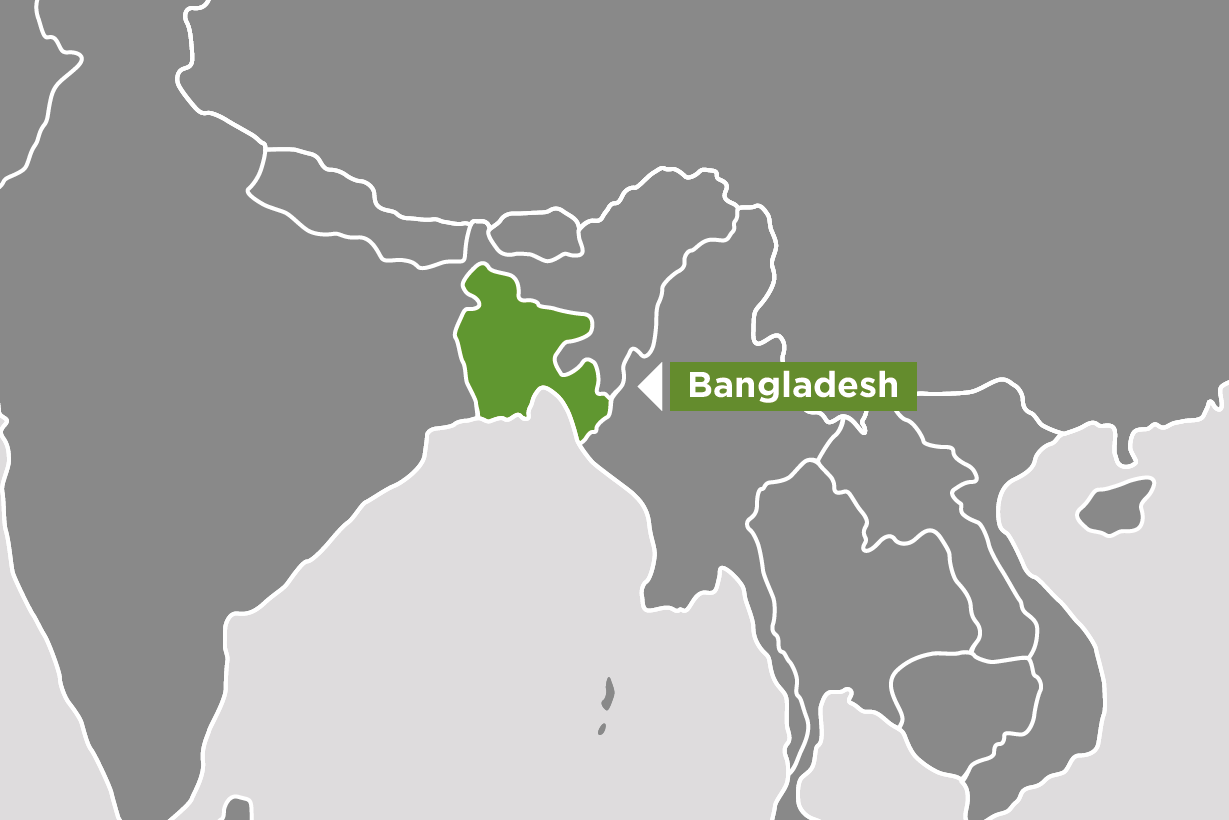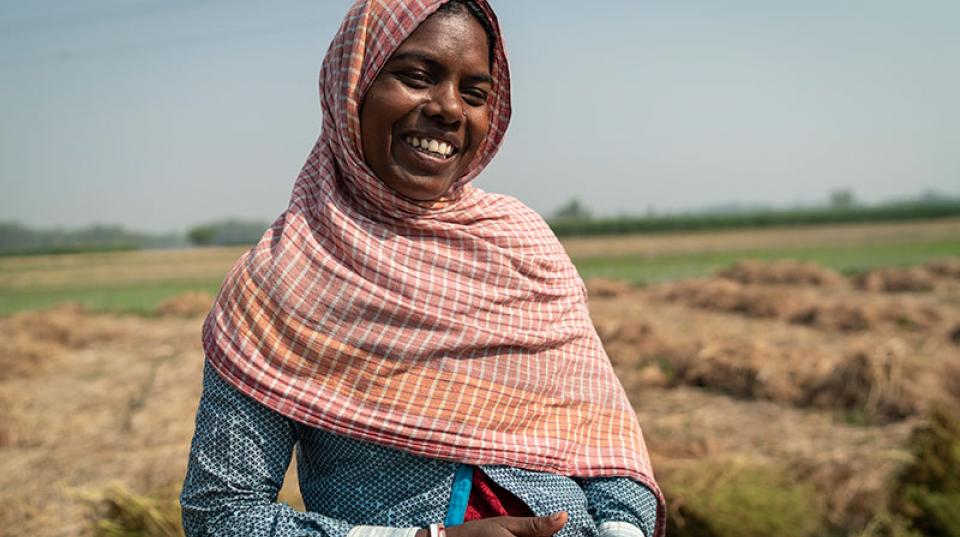Overview
This project aimed to trial a modelling approach for quickly and efficiently determining the likely best options for changing agricultural practices in ways that deliver both mitigation and adaptation benefits.
The intended long-term outcome was to be able to accelerate the process of identifying the most promising options, and thus progress to trialling and scaling more quickly than has generally been done to date.
The Agricultural Model Intercomparison and Improvement Project (AgMIP) Regional Integrated Assessment approach was to be adapted to assess the impacts of agricultural interventions, climate change, and adaptation strategies in Sub-Saharan Africa and South Asia. This method links climate-crop/livestock-socioeconomic data, models, and tools, and can be used for simulation experiments to understand sustainable rice system options, including locally adapted components of management interventions, resource-intensive conditions, and alternate future scenarios.
We leveraged the data and crop simulation results from previous AgMIP work, and obtained projections of future, regional climate conditions and socio-economic data, to evaluate the rice production systems under “current” and “future” climate conditions and assess the potential mitigation and adaptation co-benefits of sustainable rice management and other management practices in Bangladesh. This study served as an initial pilot for applying these methods more broadly and systematically to evaluate sustainable rice system options and cropping system diversification approaches across many countries using the AgMIP methodology.
Project outcomes
- Integrated stakeholder feedback into the MAC-B assessment process and co-develop feasible interventions (focused on sustainable rice management and intensification) that may generate adaptation and mitigation co-benefits.
- Evaluated the effects of these interventions in current farming systems using multiple measures of mitigation, adaptation and development benefit, including measures of greenhouse gas emissions, resilience to climate variability, farmer livelihoods, gender, and nutrition.
- Evaluated the effects of the interventions on the multiple measures of benefit under future climate scenarios.
- Supported policy development by convening a policy-makers round table to communicate the findings from the project and discuss policy implications for mitigation and adaptation programs.
- Strengthened capacity of all partners in using and applying AgMIP Regional Integrated Assessment methods.





